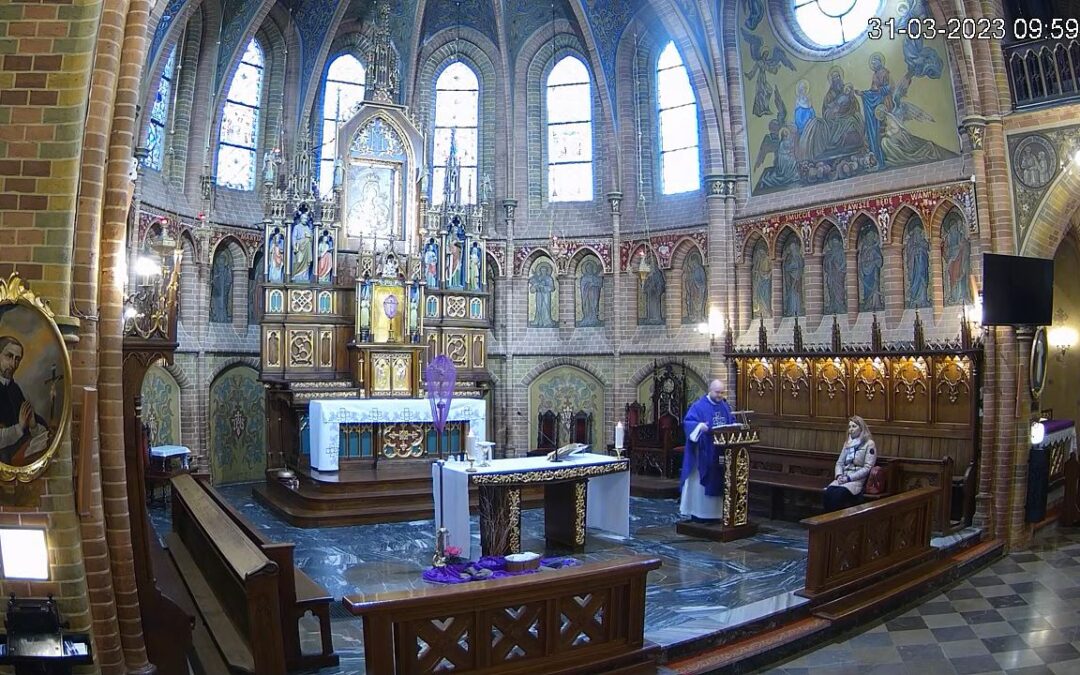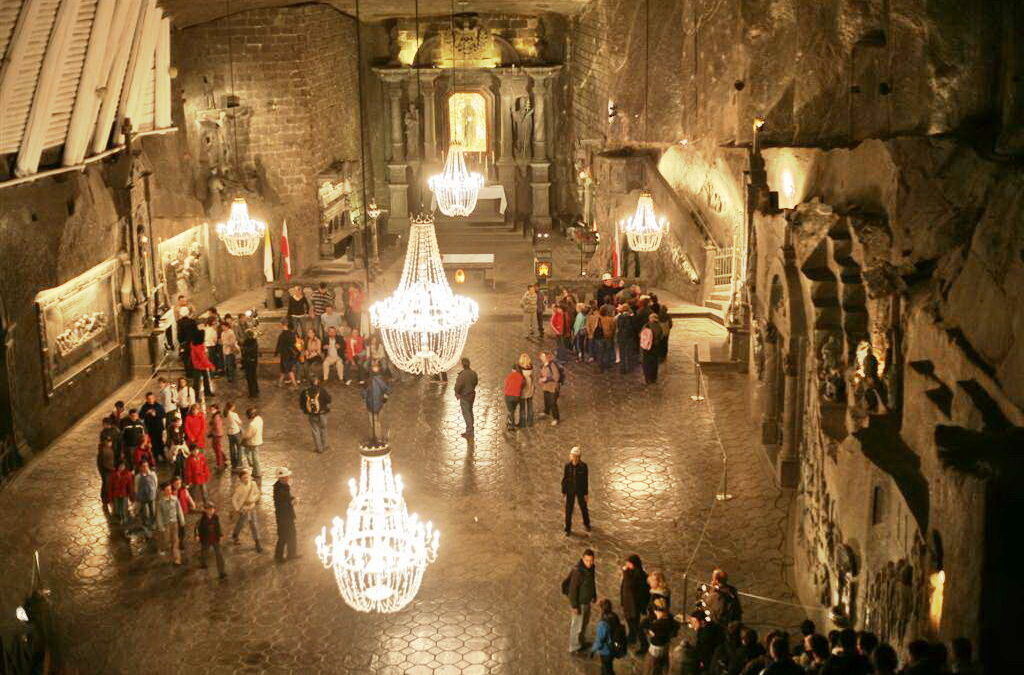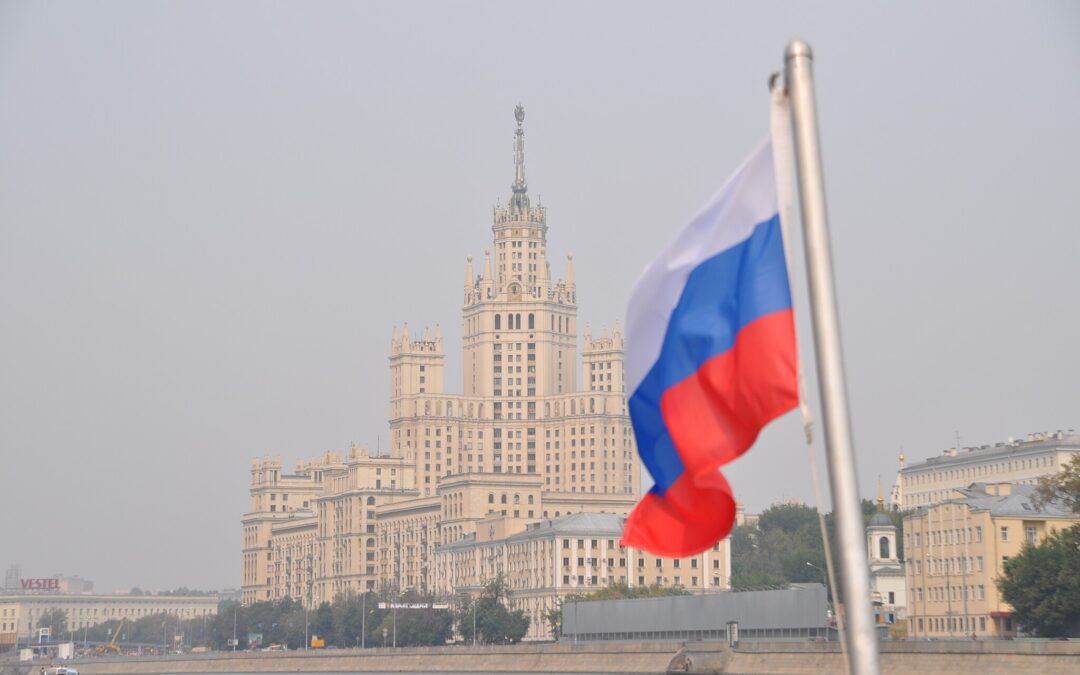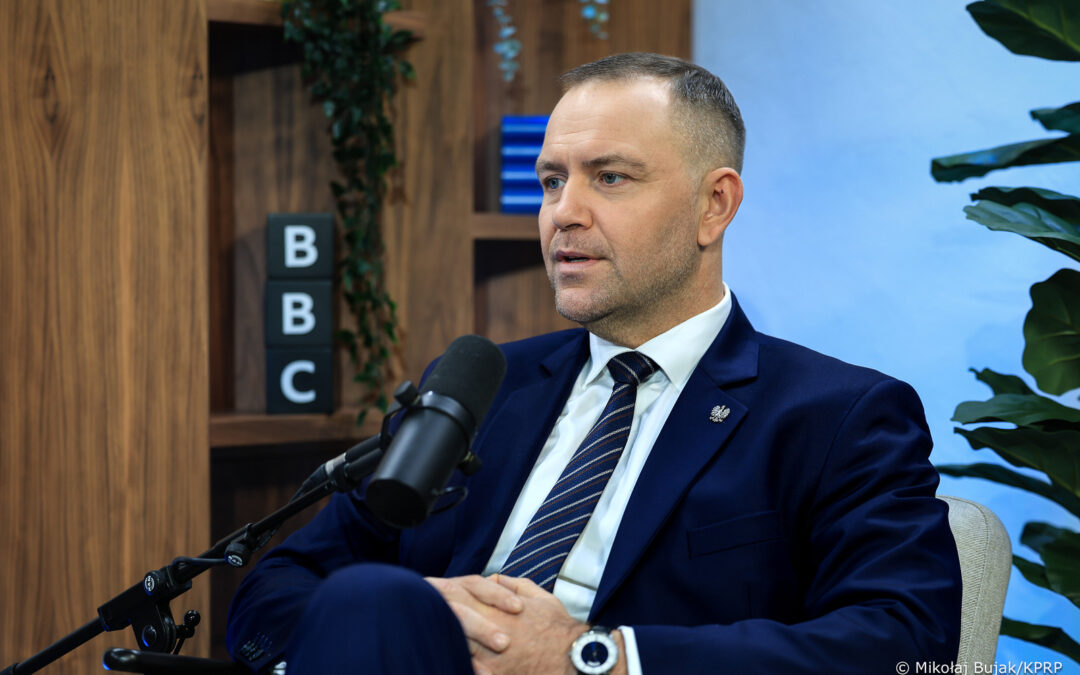Poland’s Catholic episcopate has issued new rules for priests on appearances in the public sphere due to the evolution of the media in recent years, especially the development of social media.
Under the new rules laid out by the Polish Episcopal Conference (KEP), clergy can only speak to traditional media with the permission of their superior and are required to appear in ecclesiastical clothing. Live online broadcasts of holy masses must be deleted immediately after the end of transmission
Chcemy, aby do mediów trafiały informacje sprawdzone – ks. Rafał Kowalski o szczegółach dekretu ws. występowania duchownych w mediach: #SoundCloud https://t.co/3w882qj4gp
— EpiskopatNews (@EpiskopatNews) March 30, 2023
The decree introducing the new rules states that those speaking on behalf of the church are obliged “to faithfully communicate Catholic doctrine” and “respect the guidelines and decisions of the Polish Episcopal Conference”.
When speaking in the media, representatives of the church should remember that “they are called to proclaim Christ’s teachings and not their own opinions and views, especially those that may cause confusion, scandal, introduce divisions or provoke negative emotions”.
The decree requires that priests appearing in traditional media must wear clerical clothing. Their social media accounts should also be clearly labelled as belonging to a cleric, for example “through a profile picture [in clerical attire], or clear information in the account description”.
A priest has racked up millions of views on TikTok after posting videos dancing with his Catholic catechism students at a high school in Poland.
"I want to show that the church is not so rigid, that it radiates positive energy and is attractive" https://t.co/lM3MzmOiHZ
— Notes from Poland 🇵🇱 (@notesfrompoland) December 13, 2022
During the press conference on Thursday, at which the new rules were outlined, Rafał Kowalski, spokesman for the archdiocese of Wrocław, explained that the aim is to sensitive clerics to “responsibility for the word” and ensure that those speaking to the media are competent to do so.
“It cannot be the case that someone usurps the right to speak on behalf of an ecclesiastical institution without having the authority to do so,” said Kowalski.
“We are not so much concerned with knowledge as with a certain competence,” said Kowalski. “We want those priests who go to the media and talk to journalists to be prepared not only in terms of factual content but also in terms of certain media competence so that they can confidently answer questions.”
The proportion of Catholics in Poland attending mass has fallen from 37% to 28% in two years, show official data.
The church notes that the latest figures, from 2021, were affected by the pandemic. But it also admits "socio-cultural factors" played a part https://t.co/0n5JF0FmKi
— Notes from Poland 🇵🇱 (@notesfrompoland) January 14, 2023
Kowalski also explained the requirement to delete live transmissions of mass after they finish, reports Wirtualne Media.
“The purpose of such broadcasts is not to participate in the holy mass via the media – because it is impossible to participate in the Eucharist via the media – but to connect a person who cannot be in the church at the moment with the community of believers,” he said.
“And you can only connect with a community that really exists. After the Eucharist, this community disperses, it is no longer there. There were cases when the holy mass remained on the Internet, which could cause confusion,” explained Gesiak. But he added that recordings of homilies can remain online.
Poland's state TV station has signed a new agreement with the church that will see it produce more Catholic content and broadcast mass every day on its main channel https://t.co/y6NZ8OSiXk
— Notes from Poland 🇵🇱 (@notesfrompoland) September 24, 2020
The decree comes against a backdrop of a rise in religious content online after the pandemic forced many churches to turn to technology when government restrictions put limits on how many believers could attend services in person.
Some priests in Poland even offered drive-through confessions during the pandemic, although religious officials warned the faithful that confession online or by telephone is not valid.
Meanwhile, a growing number of priests have become active on social media, including one in the city of Rybnik who has become famous for his dances and other performances with catechism students on TikTok.
Poland’s first online parish office has opened, allowing Catholics to book a confession or arrange a baptism, wedding or funeral.
The local priest hopes it can make the church – often associated by Poles with bureaucracy – more accessible https://t.co/F3S8tCI3Pa
— Notes from Poland 🇵🇱 (@notesfrompoland) November 24, 2022
Main image credit: Sanktuarium Maryjne w Gietrzwałdzie / youtube.com

Alicja Ptak is deputy editor-in-chief of Notes from Poland and a multimedia journalist. She has written for Clean Energy Wire and The Times, and she hosts her own podcast, The Warsaw Wire, on Poland’s economy and energy sector. She previously worked for Reuters.




















